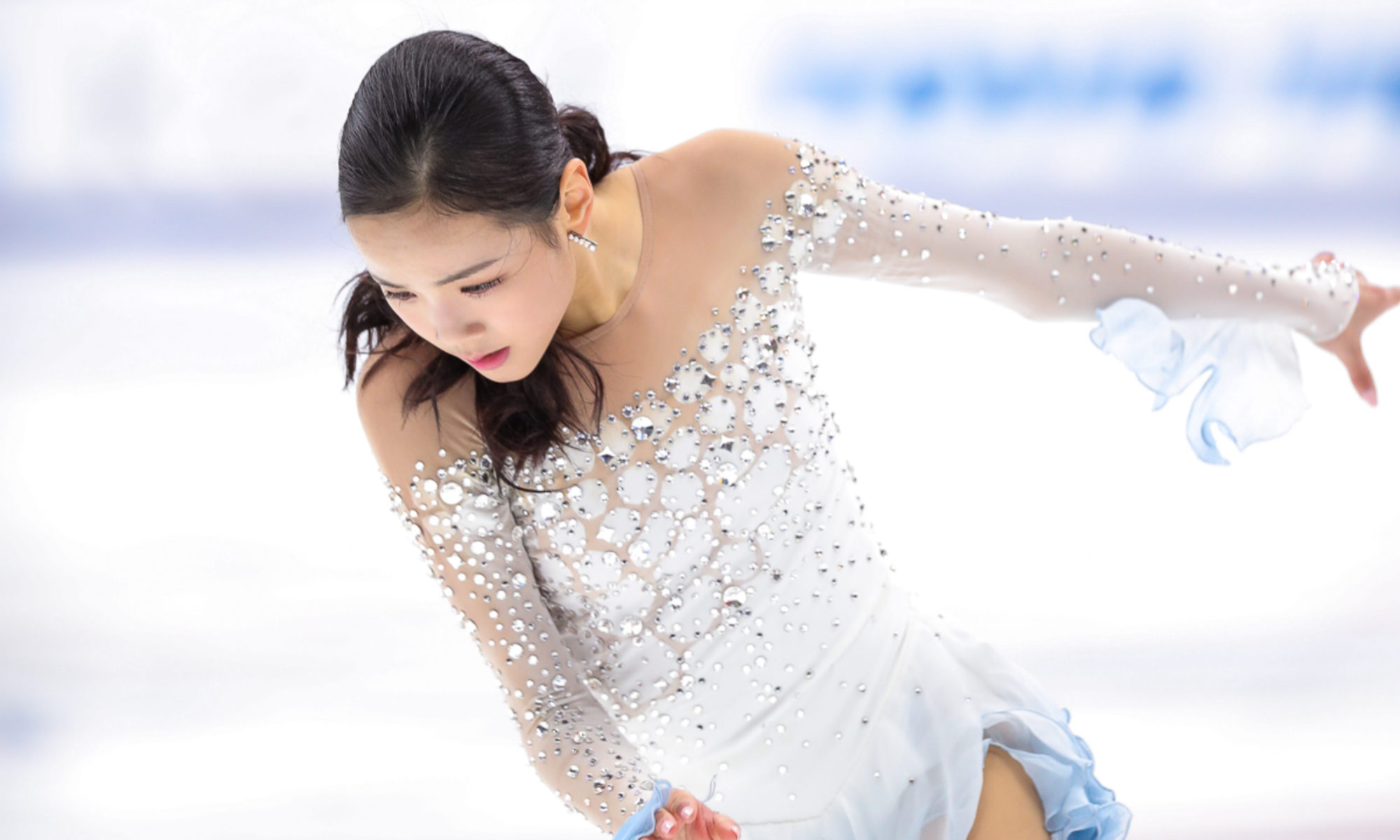
The ISU Challenger Series Nebelhorn Trophy 2018 opened on Thursday with the Short Dance, Ladies and Pairs short programs in Obersdorf, Germany. Canada’s ice dancers Piper Gilles/Paul Poirier took a confident lead in the short dance with 77.40 points.
How do you feel about your skate today?
Piper:
I felt a little nervous before practice, but the moment we got in the arena, it felt like we were ready for this, we just had to figure out a way to settle the nerves. Actually, this is the first time we really had to wait that long to do our program. Usually we’re second or third in the group, so this time we had to teach ourselves how to maintain our energy and don’t get stale and stiff during that break.
Paul:
I think for the first competition this was a really good performance. Coming out of a full Olympic cycle, this off season felt really long for the two of us. When we got here it felt like I hadn’t competed in years, even though it hadn’t been that long. So I think, as far as the first competition goes, we’re very happy.
On the other hand, we know there’s a lot of work to be done on this program. We know where we want this program to be, we missed quite a bit of training during the off season and that slowed us down. We know where this program can be, we know how good we can be and that’s where we want it to get further into the season.
Your free dance two seasons ago was also an Argentine tango. Does that experience help you?
Paul:
I think for us the style is definitely familiar. We did a lot of work with the off-ice Argentine tango teacher two seasons ago, so I think we had a whole repertoire of flavor and movements that we could incorporate into the choreography of this dance.
Having said that, with the format of the short dance this year there’s actually not a lot of time for choreography, once you get all the elements done. But I think definitely it’s a style that we are very comfortable with at this point. We also wanted to create something new, just making it a little bit warmer and a little bit more effusive, compared to our free dance two seasons ago, a bit more of a steamy connection versus a long-term, deep grounded connection.
Piper:
Yeah, like a long-term love. They’ve been lovers for a long time and this is brand new (laughing). And I think we’re confident in this dance and since we did it two years ago we’ve got experience in what we need to do. You wanna save your energy throughout the whole program as it is so long and stretch, so that by the end of the program you’re still giving that soft but calm confidence. We’ve definitely learned that because we did have that two years ago. We’re bringing that to the table this year.
Tell us about your free dance. What story are you telling on the ice?
Piper:
It’s called “Vincent”. We did a collaboration with two busker artists, or street art performers, their name’s Govardo. Dom and Jack are both the artists in the band.
Paul:
They recorded a cover of the song “Vincent”, originally by Don McLean. We are telling this story of the struggle of creation, and suffering, and loss, and making art.
Piper:
But it is so appreciated after all that struggle. It’s like skating competition, right? If you put in all this work and energy and then you don’t feel like you’ve accomplished what you wanted to, you suffer. And that’s kind of what his work was. He suffered after every painting he put out because no one was really appreciating the stuff that he did. And you know, we feel really connected to it because we are artists and Dom and Jack are artists and Vincent was an artist, it’s three people that are coming together to tell a story of struggle and love and passion and creation-
Paul:
And loss. So yeah, you know, it’s a story about Vincent van Gogh but it’s also just a story about being a person in the world.
What are your goals for the next Olympic cycle?
Piper:
I know we’ve said earlier that we’re going to compete four more years but for us it really depends on what work we want to do in the next four years, if it’s really worth it for us, if we feel like we’re in placement to be able to be on the Olympic podium in four years. Right now we’re taking it season by season and seeing, you know, if it’s still fun for us. There’s a lot of young teams that are coming up as well, there’s going to be people nipping at our feets instead of us being the ones nipping at other people’s feet. So it’s going to be a different thing.
Paul:
I think it’s very important for us to continue to feel motivated and inspired. Otherwise the results that we want to get and the goals that we have for ourselves won’t be possible. So I think we just want to make sure we’re not putting too much pressure on ourselves, as well as making sure every year that we’re skating with the right heart. I think that’s what’s going to allow us to keep training and keep producing new work.
Thank you so much for the interview and good luck for the rest of the season!
Ludmila ORLOVA, Oberstdorf.
